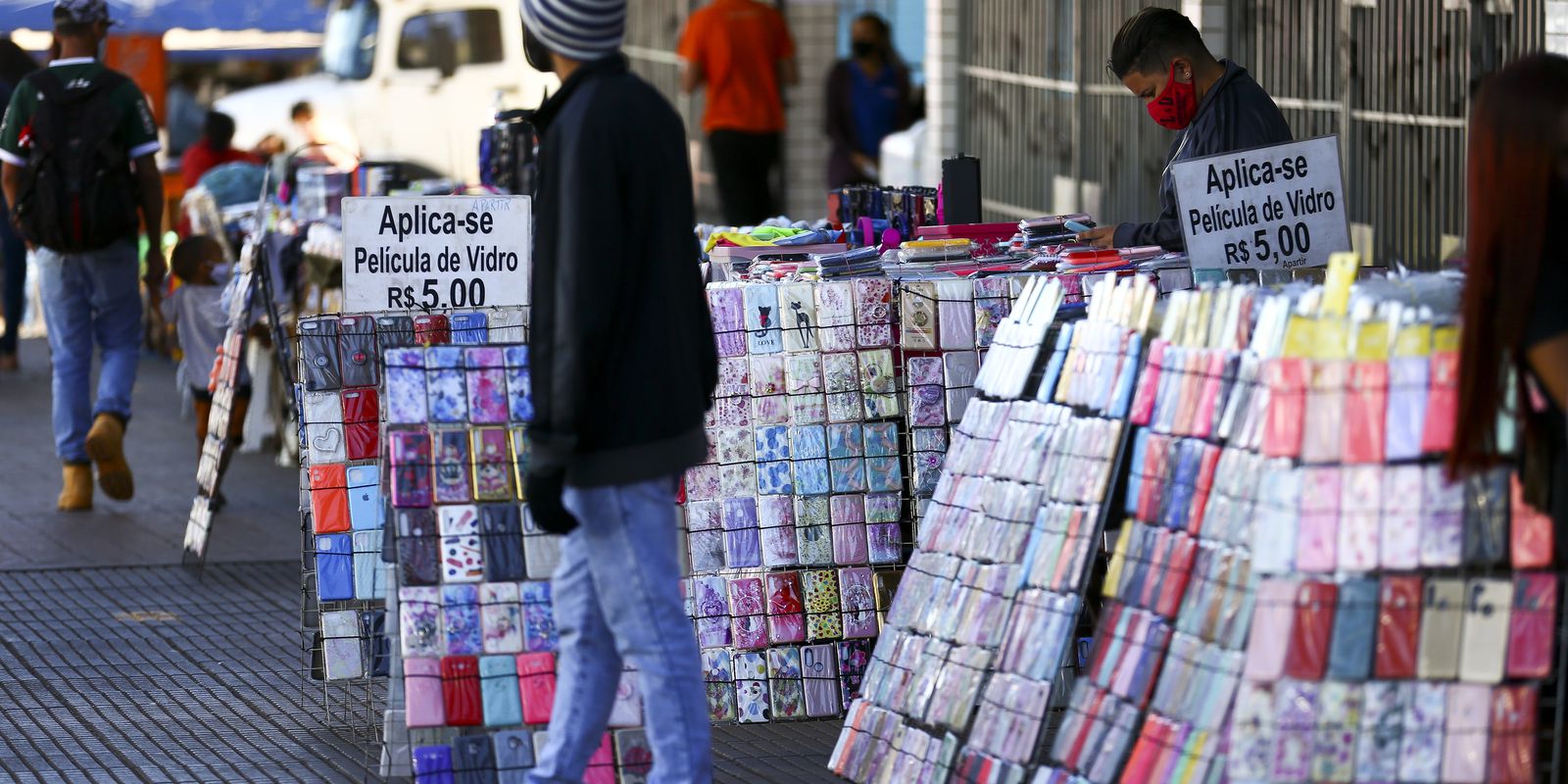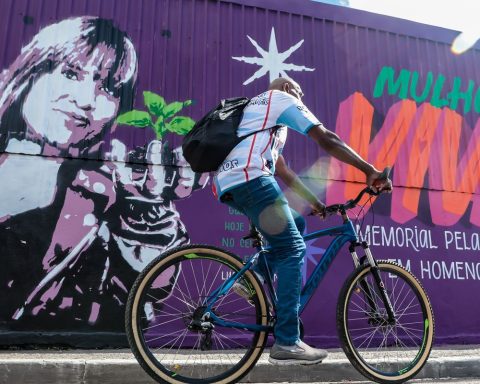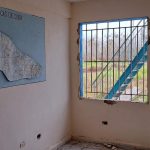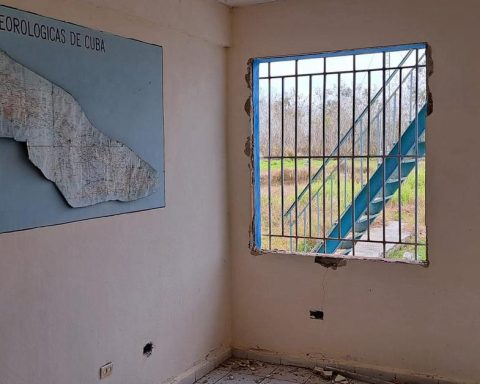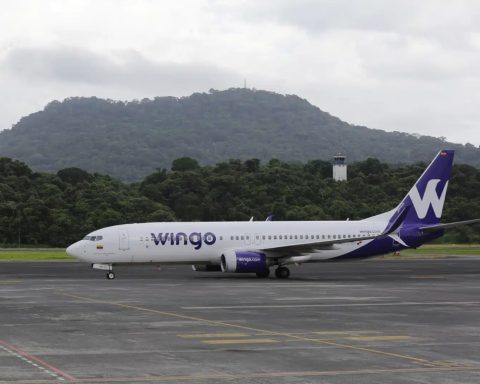In the second year of the pandemic, in 2021, the average income of Brazilians fell to the lowest level recorded since 2012. According to the Brazilian Institute of Geography and Statistics (IBGE), the average monthly real household income per capita in 2021 was R $1,353. In 2012, the first year of the survey’s historical series, this income was equivalent to R$ 1,417. In 2020, in the first year of the pandemic, it was R$ 1,454.
The data are from the National Survey by Household Sample (Pnad) Continuous Income from all sources 2021, released today (10). These values refer to an average of how much each Brazilian receives per month. Values from previous years are updated by inflation for the period so that they can be compared. These incomes are averages, which means that there are groups that earn more, groups that earn less and even those that have no income.
The research shows that, on average, Brazilians are receiving less and also that fewer Brazilians have some income. The percentage of people with income in the country’s population dropped from 61% in 2020 to 59.8% in 2021, the same percentage as in 2012 and also the lowest in the historical series.
In the survey, IBGE considers income from work; of retirement and pension; of rent and lease; alimony, donation and non-resident’s allowance; in addition to other income.
Considering only Brazilians who have income, the monthly average recorded in 2021 was R$ 2,265, according to the IBGE, the lowest in the historical series. The lowest averages since 2012 among people with income were also recorded in retirement and pension, with an average of R$1,959, and in other income (R$512).
income from work
Between 2020 and 2021, the share of work in the composition of average income increased from 72.8% to 75.3%. However, despite the increase in the employed population, the mass of real monthly income from all jobs fell by 3.1%, going from R$ 223.6 billion to R$ 216.7 billion in the period.
“The pandemic greatly affected the job market in 2020 because of the social isolation that had to be done to stop the pandemic. So, the job market lost a lot of occupation. The job market is picking up, but the pace is still lower than in 2019,” says research analyst Alessandra Scalioni Brito.
Alessandra also points out inflation as one of the factors that impacted the income of Brazilians, both from work and from other sources, such as retirement, alimony, among others. In 2021, the National Broad Consumer Price Index (IPCA), considered the country’s official inflation, was 10.06% – the highest rate accumulated in the year since 2015.
Emergency Aid
While the share of labor has increased, the share of other income has shrunk. The 2021 survey shows that the percentage of households with someone receiving resources from social programs, such as emergency aid, dropped from 23.7% to 15.4%.
“It was just an emergency benefit. Now that we are taking him out, we can see that he fulfilled the role there of not letting income fall so much in 2020, but in 2021 this drop came and inequality returned to the pattern it was. Incomes are lower and we had the inflationary issue. So we are worse off in 2021 in terms of income,” says Alessandra.
According to the survey, the drop in monthly household income per capita was more intense among the lower income classes. In 2021, the average income of the 1% of the population that earns the most was 38.4 times higher than the average income of the 50% that earn the least. The average monthly income of those with the highest income was R$ 15,940; among those who earn less, it was R$ 415.
At the beginning of the new coronavirus pandemic, in 2020, this ratio reduced to 34.8 times, reaching the lowest value since 2015. This occurred, according to the IBGE, mainly due to other income, such as emergency aid.
Inequality
The research also points out income inequalities between regions in Brazil. In all of them there was a drop in the average monthly real household income per capita between 2020 and 2021. While in the Southeast region this income went from R$ 1,742 to R$ 1,645 and in the South region, from R$ 1,738 to R$ 1,656; in the North region it went from R$ 966 to R$ 871 and in the Northeast region, from R$ 963 to R$ 843. In the Midwest region, the variation was from R$ 1,626 to R$ 1,534.
“The labor market is more informal in the North and Northeast, so income from work there tends to have a more unequal distribution. The North and Northeast regions tend to receive more benefits from social programs and as there was this change in emergency aid, they were more affected between 2020 and 2021. That is why they had this increase in inequality greater than in other regions”, says Alessandra.
According to the survey, inequality, measured by the Gini Index, considering the entire population, increased between 2020 and 2021, from 0.524 to 0.544. Considering only the employed population, this indicator remained practically stable, ranging from 0.500 to 0.499.
The Gini Index is an instrument to measure the degree of income concentration, pointing out the difference between the income of the poorest and the richest. The index varies from zero to one, with zero representing the situation of equality, that is, everyone has the same income. One represents the extreme of inequality, that is, a single person holds all the wealth.
